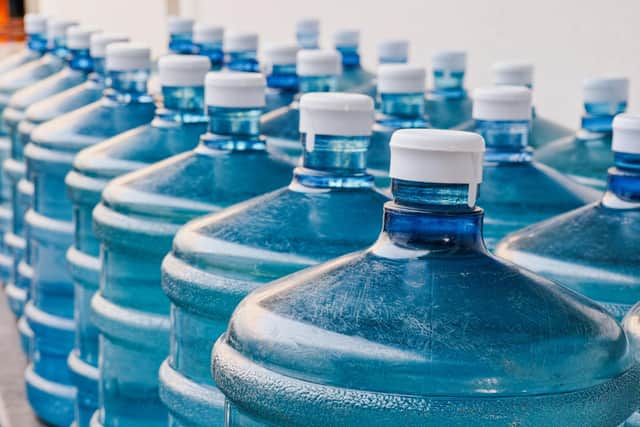How much water should you drink a day? Is two litres too much? Studies reveal ‘its complicated’
According to a report by Science News, ‘Geography, age, environment and habits’ all influence how much water your body requires on a daily basis. Drinking two litres of water a day for a healthy level of hydration, despite acting as standard advice for decades, has been dubbed a ‘myth’ by some as research reveals that in some cases people need as many as six litres or as little as one depending on their circumstances.
Scientists at the University of Wisconsin-Madison in the US researched thousands of people over 26 countries to assess their water intake requirements and found that results varied massively. Professor Dale Schoeller, emeritus professor of nutritional sciences, said: “The science has never supported the old eight glasses (2 litres) thing as an appropriate guideline, if only because it confused total water turnover with water from beverages and a lot of your water comes from the food you eat.”
Advertisement
Hide AdAdvertisement
Hide AdSo, how much water should you drink a day, and is it bad for your health if you’re drinking too much? Here’s what you should know.


How much water should you drink a day?
There’s no one-size-fits-all answer to this question of how much water you should drink daily to effectively combat dehydration as two litres of water per day (or 8 cups) has been called ‘misleading’. Biomedical engineer Kong Chen, a director for the metabolic research program at the National Institutes of Health’s Clinical Center, said that “individual variability could be huge” between people and their required intake.
Fortunately, there are free services like Hydration Calculators that you can access online to get an answer that is suitable for you based on your personal circumstances.


Is it bad to drink too much water?
It’s well known that dehydration causes a loss of strength and stamina and can even cause more critical conditions like loss of kidney function, but what about the opposite, can we be overhydrated? In short, yes.
The Telegraph reports that experts said “encouraging people to drink more water than the body asks for is the equivalent of consciously breathing more, simply because oxygen sustains life.” It can be dangerous to consume too much water for many reasons, for example if your kidneys cannot remove the excess then it dilutes the sodium content of your blood which can trigger fatal conditions like hyponatremia.
A report by WebMD adds to this by saying that when you “drink too much water, you may experience water poisoning, intoxication, or a disruption of brain function.
“This happens when there's too much water in the cells (including brain cells), causing them to swell.”
Why are we told to drink two litres of water a day?
The two litres of water a day (or eight glasses) idea seems to originate from American nutritionist Dr Fredrick J Stare who suggested this rule of six to eight glasses daily. However, he added that this can include coffee, tea, beer and other soft drinks along with the water content of food like vegetables.
Advertisement
Hide AdAdvertisement
Hide AdWhile many nutritionists accept that the body regulates water levels well, triggering thirst when in need or urinating out what’s in excess, it’s still recommended you calculate your own hydration requirements as a means of staying healthy, ideally a health expert can guide you through this.
Comments
Want to join the conversation? Please or to comment on this article.
